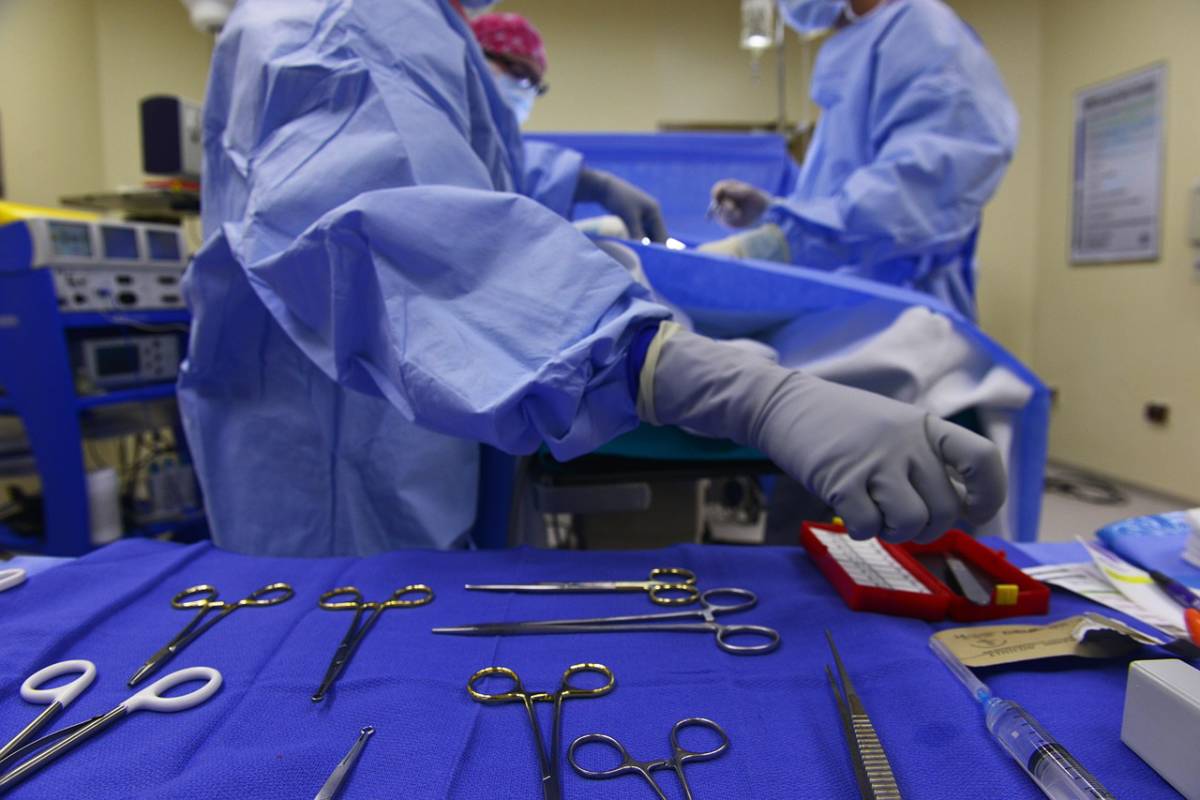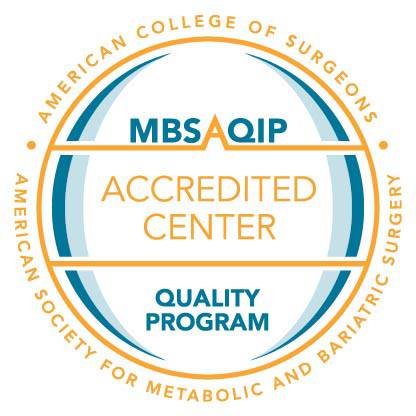 According to national quality standards established to deliver safe and high-quality bariatric patient care, Dixie Regional Medical Center has met all criteria as a bariatric center of excellence.
According to national quality standards established to deliver safe and high-quality bariatric patient care, Dixie Regional Medical Center has met all criteria as a bariatric center of excellence.
The Metabolic and Bariatric Surgery Accreditation and Quality Improvement Program Standards, outlined in the Resources for Optimal Care of the Metabolic and Bariatric Surgery Patient 2014, ensure that bariatric surgery patients receive not just a surgical procedure but a multidisciplinary program, which improves patient outcomes and long-term success. Dixie’s accredited center offers preoperative and postoperative care designed specifically for their severely obese patients.
“We are pleased to have received this distinction,” said Dr. Jared Speakman, medical director of bariatric surgery at Dixie Regional. “It represents the culmination of years of hard work by our team and a commitment to our patients and the program.”
Dixie Regional’s commitment to quality care begins with appropriately trained staff and surgeons who participate in meetings throughout the year to review outcomes. They seek continuous improvement to enhance the structure, process, and outcomes of the center.
 To earn the MBSAQIP designation, Dixie Regional met essential criteria for staffing, training, and facility infrastructure and protocols for care, ensuring its ability to support patients with severe obesity. The center also participates in a national data registry that yields semiannual reports on the quality of its processes and outcomes, identifying opportunities for continuous quality improvement. The standards are specified in the MBSAQIP Resources for Optimal Care of the Metabolic and Bariatric Surgery Patient 2014, published by the ACS and ASMBS.
To earn the MBSAQIP designation, Dixie Regional met essential criteria for staffing, training, and facility infrastructure and protocols for care, ensuring its ability to support patients with severe obesity. The center also participates in a national data registry that yields semiannual reports on the quality of its processes and outcomes, identifying opportunities for continuous quality improvement. The standards are specified in the MBSAQIP Resources for Optimal Care of the Metabolic and Bariatric Surgery Patient 2014, published by the ACS and ASMBS.
After submitting an application, centers seeking MBSAQIP accreditation undergo an extensive site visit by an experienced bariatric surgeon who reviews the center’s structure, process, and clinical outcomes data. Centers are awarded a specific designation depending on how many patients it serves annually, the type of procedures it provides, and whether it provides care for patients under age 18.
According to the National Institutes of Health, around 15.5 million people in the U.S. suffer from severe obesity, and the numbers continue to increase. Obesity increases the risks of morbidity and mortality because of the diseases and conditions that are commonly associated with it, such as Type 2 diabetes, hypertension, and cardiovascular disease, among other health risks. Metabolic and bariatric surgical procedures have proven to be effective in the reduction of comorbid conditions related to severe obesity. Working with ASMBS, the ACS expanded this quality program for bariatric surgery centers so that it can assist bariatric patients in identifying those centers that provide optimal surgical care.



